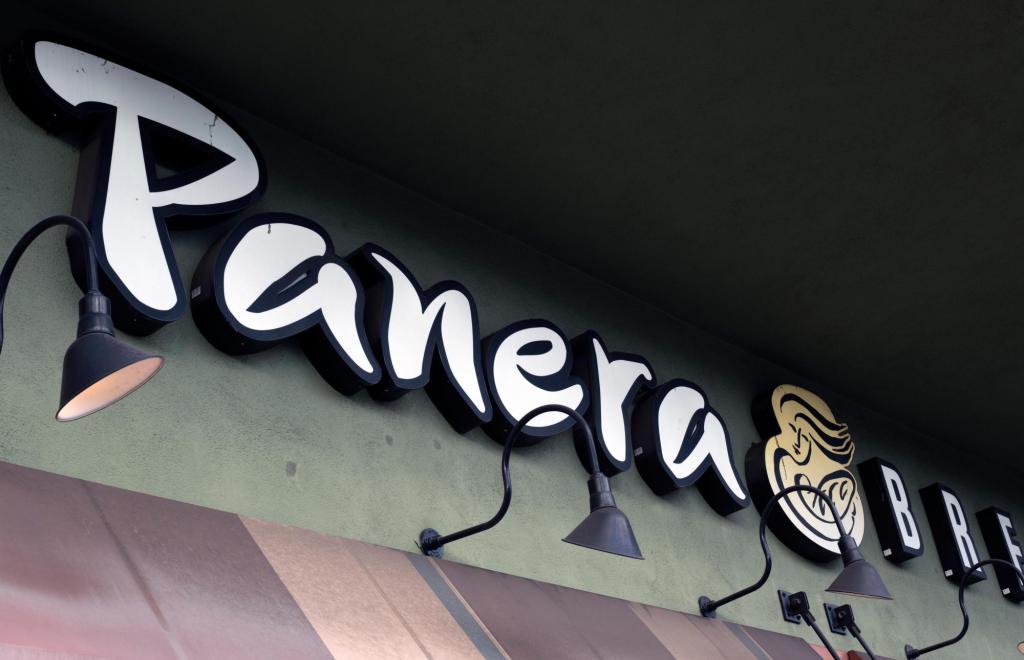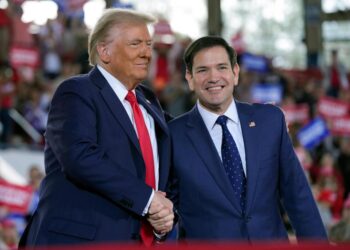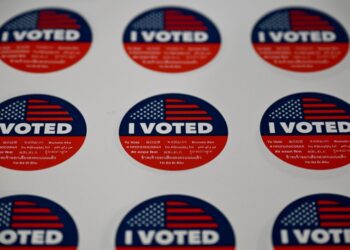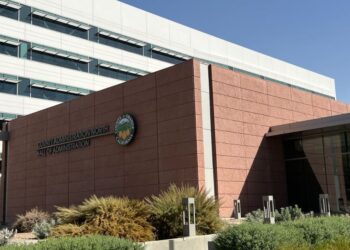By ADAM BEAM | Associated Press
SACRAMENTO — As California prepares to enforce a new $20-per-hour minimum wage for fast food workers next month, an unusual exemption for eateries that bake their own bread has come under scrutiny due to allegations it was initially intended to benefit a wealthy donor to Democratic Gov. Gavin Newsom’s campaign.
But details have been hard to come by because of a tactic rarely associated with public policymaking: a signed confidentiality agreement that prevents some private groups from talking about their negotiations.
RELATED: How Panera Bread ducked California’s new $20 minimum wage law
Two sources familiar with the negotiations confirmed to The Associated Press the agreement signed last summer covered some of the private parties involved, including labor unions representing restaurant workers and the industry group for restaurants. The agreement did not include Newsom or any other public officials. They said the agreement — first reported by KCRA — was not meant to shield the public from details that could embarrass public officials. Instead, it enabled two sides who distrust each other to come together and work out a compromise.
The sources spoke only on condition of anonymity due to the sensitivity of the negotiations.
Such agreements are common in the context of employment agreements, settlements of lawsuits, and deals involving trade secrets or intellectual property. But they’re less common in the legislative process, said David Loy, legal director of the First Amendment Coalition, a group that advocates for transparency in government.
“I think the public does have a right to know how the sausage is being made, so to speak. And if the deal is essentially cut between private parties and more or less rubber-stamped in the Legislature, it’s troubling that the public doesn’t get to know what deals are made,” Loy said. “On the other hand … a private organization is not obligated to produce records or…
Read the full article here







